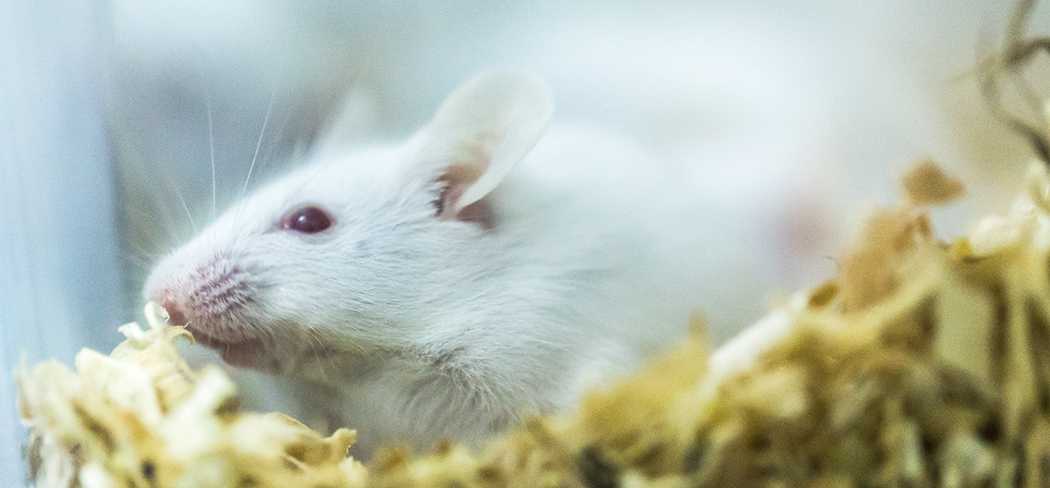
U of G Experts In Animal Welfare Find Standard Lab Cages Can Affect Animal Health and Health Research Results
January 27, 2022
A first-ever research study by University of Guelph researchers with the Campbell Centre for the Study of Animal Welfare (CCSAW) suggests enhanced lab cage design could improve lab rodent health as well as the quality of research derived from the animals.
The research, recently published in the journal BMC Biology, found conventional laboratory housing shortens rodents’ lifespans and increases the severity of a range of stress-sensitive diseases from cancer to depression.
Study authors suggest improving cage design could also improve study results.
“We’ve known for years that rats and mice prefer to live in large ‘enriched’ cages offering warm nests and full of activities to do,” said Dr. Georgia Mason, a professor in the College of Biological Science and director of CCSAW. “Better cages provide opportunities to dig, climb, run, chew, explore, forage and sleep in comfort.”
More than 120 million mice and rats are used every year in biomedical research around the world, often for developing new therapies for human health. However, many drugs that work on these animals fail in human clinical trials.
U of G researchers completed a meta-analysis of research literature, beginning with a collection of approximately 10,000 studies worldwide involving rodent research and analyzed about 200 papers to explore links between housing quality and health. The papers contained data from nearly 6,500 animals, mostly males. Just under one-third of the animals were female.
They found for all health concerns, conventional cages were associated with poorer health outcomes, a pattern repeated across all diseases investigated.
“We found that the cages normally used in labs shorten animals’ lives and consistently made these diseases worse,” said Jessica Cait, a PhD student in Mason’s lab and first author of the study.
Researchers also suspect conventional practices may skew research results.
They are now investigating which specific aspects of rodent housing are most important for animal stress and health. They are also assessing their collected studies to see how animal housing may affect outcomes of studies of therapies tested in humans.
The research was recently featured in The Globe and Mail.
Read more about this research on the University of Guelph website.
.png)